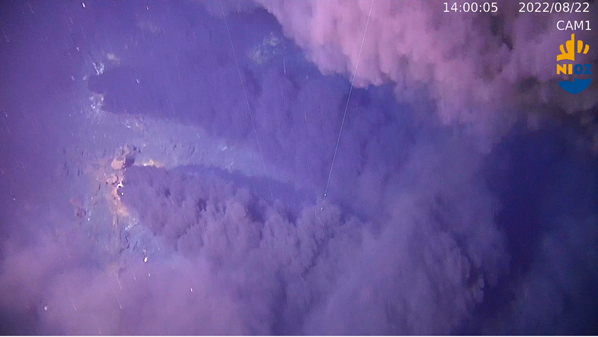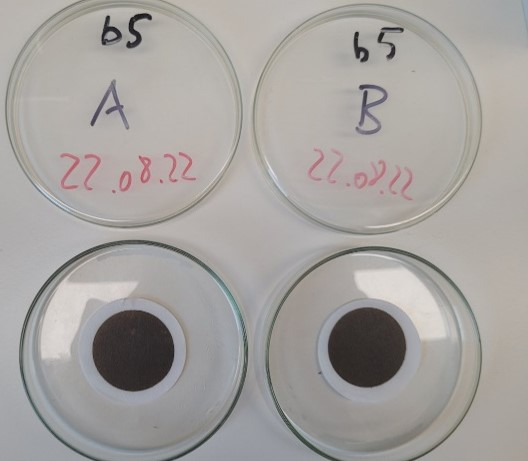The impact of hydrothermal vents on ocean chemistry
Hydrothermal vents on the seafloor introduce large quantities of bio-essential elements into the deep sea and sustain flourishing ecosystems in what is otherwise a marine desert. Frontier geochemical research into the impact of hydrothermal vents on ocean chemistry focuses on the form and fate of essential elements such as iron that are released in large quantities.
Recently, we visited the Rainbow hydrothermal vent field in the Atlantic Ocean, which hosts vents that release some of the most iron-rich fluids known so far into the deep sea. We collected samples of the sediment, water and suspended particles to reveal the chemistry and (trans)formation of nano-scale iron particles and associated elements in the Rainbow hydrothermal plume.
In this project, you determine the composition and stability of iron-rich particles, with special focus on their transformation as they age in the hydrothermal plume and/or the sediment. With these lab-based experiments, we strive to elucidate the long-term fate of hydrothermal iron nanoparticles in the global ocean.
Requirements
We are looking for highly motivated MSc students with a background and keen interest in earth sciences and/or (biogeo)chemistry. The project has a large lab component, during which you will perform chemical experiments that require high accuracy and precision. Projects have a planned duration of 6 – 9 months and will take place at NIOZ, Texel. There is flexibility regarding the amount of time spent on Texel; particularly during the lab work, it is essential to live close to NIOZ. Goals will be set according to duration and students’ interests. The projects will involve literature research, inorganic and/or organic laboratory experiments and data analysis.
Contact
For more information, please contact Dr. Peter Kraal (peter.kraal@nioz.nl).

